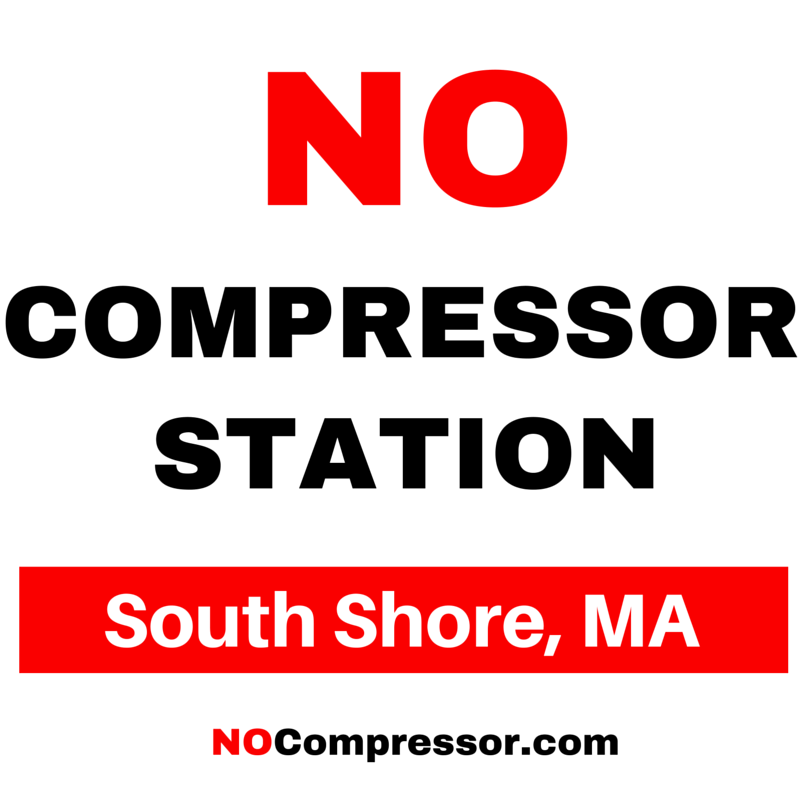
As someone who has been very involved in the campaign to close the coal-fired generating plant in Bow, New Hampshire I couldn’t help but get involved when I heard about a pressing issue taking place in Massachusetts. In Weymouth, residents of the Fore River Basin have been fighting a compressor station for five years. Despite there being active appeals, construction began recently at the site. Similar to the proposed CMP corridor in Maine, there has been a tremendous outcry to stop the project but elected officials have failed to act. Likewise, the Massachusetts DEP has neglected to enforce the needed safety measures to protect the community.
The site itself is built on an old landfill, where the ground is filled with bricks of asbestos, arsenic, and diesel as thick as peanut butter. These pollutants, among others, have not only contaminated the water but have also led to drastic increases in breathing issues, leukemia, and other health complications often caused by environmental toxins. At both of these rallies we observed workers not utilizing respirators to protect from airborne particulates and they are not cleaning dust off the trucks as it transports waste through dense urban areas. The location of this compressor sits next to a waterfront park in one of the most densely populated areas a facility like this has been ever been built in. Not long ago several people were arrested at a protest outside the site, and again weeks later more activists were arrested stopping a truck from entering the facility. Honks can be heard all day long on Bridge St. as community members show support for the activists. The community is resolved to stop this unsafe project from being completed and is a constant presence outside the facility.
If one looks around a bit on the Enbridge website they will find that this compressor station is part of a pipeline expansion project that will affect Maine in the long run. This fracked gas would be transported to Canada through eastern Maine via the Atlantic Bridge Pipeline expansion and the compressor is what helps push the fuel north. I quickly learned in my two trips to Weymouth that the pipeline itself is not the only element of this project that will affect us here in Maine. WBUR recently broke a story revealing that both Maine and New Hampshire are marked to receive toxic soil removed from the construction site. In addition to two sites in Massachusetts, they will be dumping this material in Rochester, New Hampshire and Norridgewock, Maine. As of January 23rd, sources in Rochester report that the first truckload of contaminated soil had been dumped at the established site in their city.
The organizing group F.R.R.A.C.S. (Fore River Residents Against The Compressor Station) recently made a short documentary revealing the health issues that exist in this area and how they are being exacerbated by the compressor project. If the construction material is allowed to potentially drive as far as Norridgewock while ignoring safety measures as they have been at the site, this could lead to significant pollution along its route. I for one am concerned about what long term health effects this waste could have on these communities. Likewise, if this compressor is not stopped, this pipeline expansion could be operational by later this year. Instead of our state resolving environmental issues by transitioning to clean, renewable energy sources our state would be doubling down on fossil fuels and fracked gas.
Between the ongoing issue with the Sprague fuel tanks in South Portland, the CMP corridor, this compressor, and the coal plant in Bow we certainly have our work cut out for us. Luckily grassroots efforts have already begun tackling many of these things in different ways. Between organizing and continually raising awareness, it is quickly uniting people from all over New England to demand change in countless places. We are all in this together and there is no end to what can be accomplished when we come together in this way. Despite challenges facing groups organizing behind each of these issues, all are building welcoming communities ready to act. Seeing things as interconnected, what is going on in Massachusetts affects Maine and vice versa. The more we collaborate as a region, the more we can begin to affect positive change on a broader level.
If we as Mainers become more vocal about the capacity payments taken from our utility bills that prop up the fossil fuel industry and advocate true divestment, we could easily fund clean sources of heat and power over time. With the Weymouth compressor, support from neighboring states will be a powerful thing that helps the whole region move towards measurable progress. Until the day when we can all celebrate successes in ending environmental pollution, I just want to thank everyone out there who is learning new things, advocating change, and trying to make a difference. Where Maine goes, so goes the nation and I for one have faith that if we all come together we can stop ALL of these dirty projects and preserve Maine, and New England the way it should be. More Information:
1. https://www.nocompressor.com/spectra-plans
2. https://amp.wbur.org/earthwhile/2019/12/06/weymouth-compressor-contamination-cleanup
3.https://www.enbridge.com/~/media/Enb/Documents/Factsheets/FS_EnergyInfrastructureProjects.pdf?la=en
Video Credit: Fore River Residents Against The Compressor Station
Video Credit: Adam Rice



1 Comments
Margaret Bellafiore
Thank you, Adam for your getting this information to a wider audience. I am especially glad you put the Telling the Stories video documentary along with your article. This film is an important first person account of what the possible consequences are of living near pollution even if it is unseen. More people need to see this.